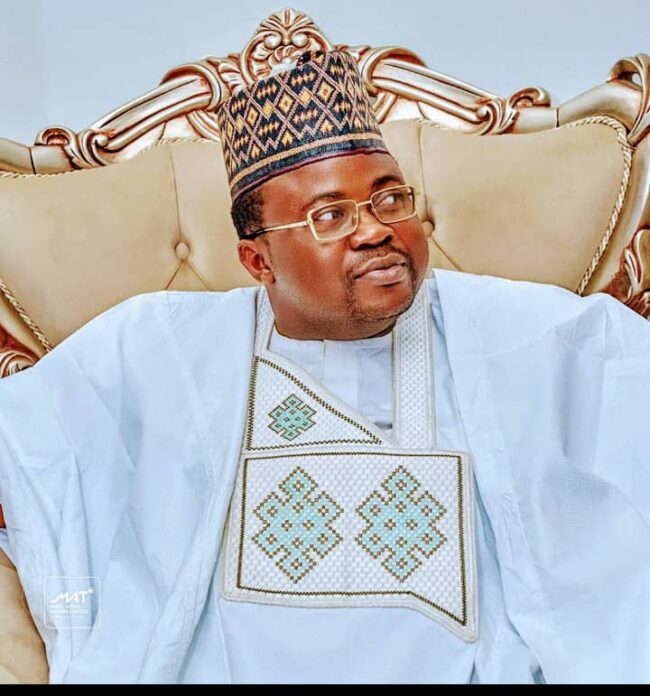As Nigerians await the commencement of a nationwide protest on Thursday, a chieftain of the New Nigeria People’s Party (NNPP), Ambassador Olufemi Ajadi has called on the Federal Government to allow a peaceful demonstration without military intervention and violence.
He also urged the government to push for reforms which will bring about a government that is accountable, responsive, and capable of driving sustainable development for the benefit and overall well-being of the masses.
Ajadi called on the protesters to demonstrate peacefully and ensure the protests are not hijacked by politicians and hoodlums, saying the aim of the protests which is a call for good governance should be strictly adhered to.
Ajadi, in a statement issued on Monday, said the government should use the demands of the protesters to rethink some of its policies that are affecting and suffocating the lives of the downtrodden people of Nigeria.
He called for restraint from security forces and politicians, urging law enforcement agents to avoid violent confrontations with demonstrators.
He warned against political exploitation of the protests, emphasising that the protesters are calling for improved governance rather than an act of defiance against the state.
He urged the Federal Government to perceive the protests as a national demand for good governance and to allow peaceful demonstrations without military intervention.
He maintained that from now on, Nigerians deserve to hear from the president on a daily basis, to carry people of the nation along about the latest developments concerning government activities.
Ajadi highlighted the severe economic challenges exacerbated by the current government policies, such as the confusion surrounding dual Naira notes and the stalled progress at the Dangote refinery.
He criticised the significant depreciation of Nigeria’s currency within West Africa and globally, attributing it to the government’s imposition of multiple taxes without corresponding benefits to citizens.
The NNPP Chieftain urged the federal government to address these economic issues, including reducing petroleum prices and implementing price controls on essential commodities.
Ajadi also outlined a detailed list of grievances driving the protest, which include hunger, inflation, high fuel prices, and inadequate minimum wage.
He emphasised the need to tackle issues such as power shortages and the deteriorating road networks, budget padding, and electoral misconduct by the Independent National Electoral Commission (INEC).
He said, “Further concerns include the high cost of governance, questionable appointments, excessive borrowing, and issues like crude oil theft.”
He called for substantial reforms, including making refineries functional, addressing excessive electricity tariffs and high bank charges, and supporting resource control. Additionally, constitutional reform, restructuring, and a shift from consumption-based to production-driven policies are critical.
Ajadi also stressed the importance of addressing corruption, unaccountability, inadequate housing, and underfunding in various sectors.
He advocated a significant reduction in the salaries and allowances of federal and state lawmakers, in line with a recent court ruling mandating the Revenue Mobilisation, Allocation, and Fiscal Commission (RMAFC) to adjust legislative remuneration.
He also urged state governments to implement the new minimum wage and resolve any outstanding salaries.
ALSO READ THESE TOP STORIES FROM NIGERIAN TRIBUNE
Aug 1: Presidency cannot stop Nigerians from protesting — Ajuri Ngelale
